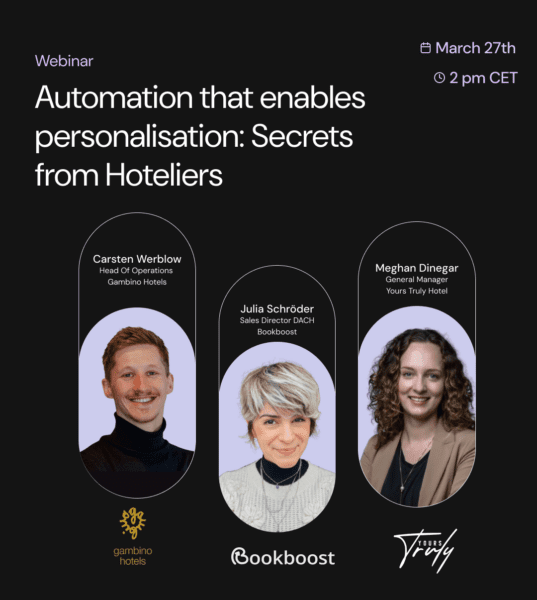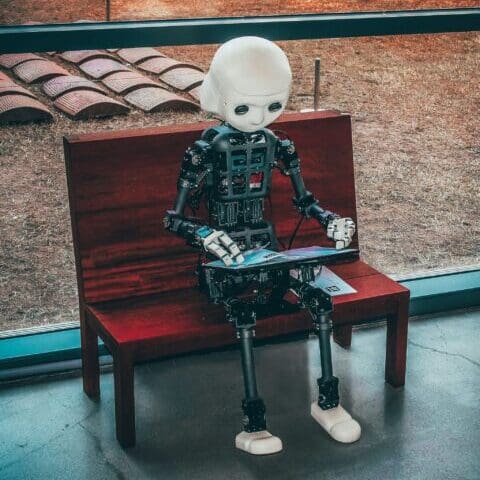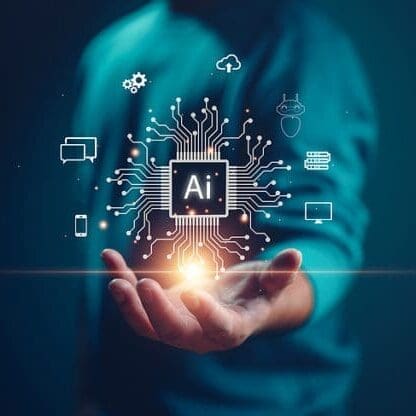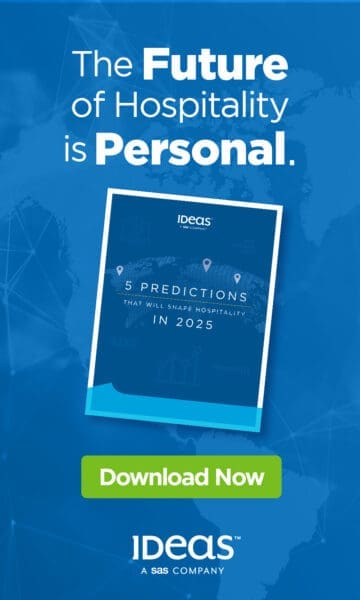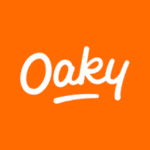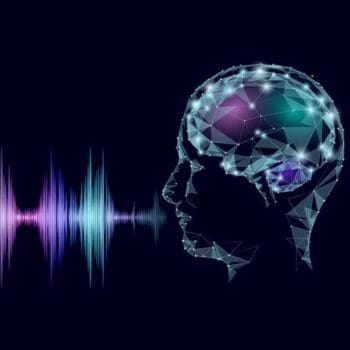 In the digital age, the hospitality industry faces a pivotal challenge: simplifying the online booking journey to captivate and convert visitors into guests. As hotel websites become increasingly cluttered, potential guests are bombarded with an overload of information, leading to high abandonment rates and missed opportunities for direct bookings.
In the digital age, the hospitality industry faces a pivotal challenge: simplifying the online booking journey to captivate and convert visitors into guests. As hotel websites become increasingly cluttered, potential guests are bombarded with an overload of information, leading to high abandonment rates and missed opportunities for direct bookings.
However, Artificial Intelligence (AI), particularly AI chatbots, emerges as a beacon of innovation, promising to declutter the online experience and guide users seamlessly through their booking journey.
This article explores the transformative role of AI chatbots in enhancing the digital interface of hotel websites, ensuring compliance with regulations such as GDPR and FTC, and embracing the evolving landscape of social media engagement.
The clutter conundrum: navigating the maze of hotel websites
The digital front of hotels often resembles a labyrinth, with excessive information and complex navigation paths leading to confusion rather than conversion. The essence of a hotel’s digital presence should not be to overwhelm but to welcome; to not just inform but to engage and convert. The high abandonment rates on hotel websites signal a clear message: simplicity is the ultimate sophistication in the digital customer journey.
AI chatbots: the digital concierges guiding the way
Enter AI chatbots, the digital concierges that promise to streamline the online experience. By leveraging natural language processing and machine learning, chatbots can offer personalized assistance, answering queries, providing recommendations, and even facilitating bookings. They stand at the digital doorway of hotels, ready to guide, assist, and convert visitors into guests.
Personalization at its peak
AI chatbots excel in offering personalized experiences. By analyzing user interactions and preferences, they can tailor suggestions and solutions, making every digital encounter feel unique and valued. This personalized touch not only enhances user experience but also significantly boosts the likelihood of direct bookings.
Simplification and support
With AI chatbots, the clutter of information is intelligently navigated. These digital aides can provide concise information relevant to the user’s queries, reducing the overwhelming flood of data and leading the user gently toward the booking button. Their 24/7 availability ensures that every potential guest receives timely assistance, irrespective of time zones or peak hours.
Embracing regulations: navigating GDPR and FTC with AI
Incorporating AI chatbots does not mean bypassing regulatory compliance. GDPR and FTC regulations mandate transparency, privacy, and user consent in data handling. AI chatbots designed for hotels must prioritize these regulations, ensuring that user interactions are secure, data is handled ethically, and privacy is respected. Customization capabilities of chatbots should be leveraged to enhance user experience while strictly adhering to these legal frameworks.
Social media synergy: the chatbot connection
The lines between social media and chatbots are blurring, with platforms like LinkedIn and Facebook integrating chatbot functionalities to drive engagement. Hotels can harness this synergy by integrating AI chatbots with their social media channels, offering a cohesive and interactive experience across all digital touchpoints. This not only amplifies the hotel’s digital presence but also opens up direct booking channels through social media platforms.
Best practices for implementing AI chatbots in hotels
- User-centric design: Design chatbots with the user’s journey in mind. Ensure that the chatbot interface is intuitive, engaging, and aligned with the hotel’s brand voice.
- Privacy and transparency: Communicate how user data will be used, ensuring compliance with GDPR and FTC guidelines. Incorporate opt-in features and transparent privacy policies.
- Seamless integration: Integrate the chatbot across all digital platforms, including the hotel’s website, mobile app, and social media channels, ensuring a unified user experience.
- Continuous learning and improvement: Utilize machine learning to analyze interactions and feedback, allowing the chatbot to evolve and better serve user needs over time.
- Human touch: While AI can handle a significant portion of interactions, ensure there’s an easy option for users to connect with a human team member when needed, maintaining the warmth of human hospitality.
The future is now: AI-driven hospitality
As the hospitality industry navigates the digital transformation, AI chatbots stand out as a powerful tool to declutter and enhance the online booking experience. By offering personalized assistance, ensuring regulatory compliance, and integrating seamlessly with social media, AI chatbots can significantly increase direct bookings and elevate the digital hospitality experience.
The future of hotel bookings is not just about being online; it’s about being intelligently and engagingly present, guiding each visitor towards becoming a guest. AI chatbots are not just the future; they are the now of digital hospitality, ready to transform clicks into check-ins.



